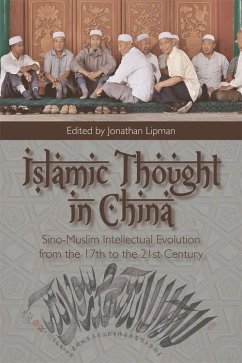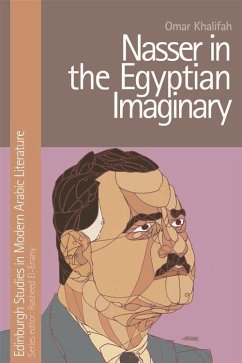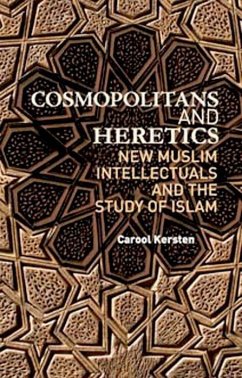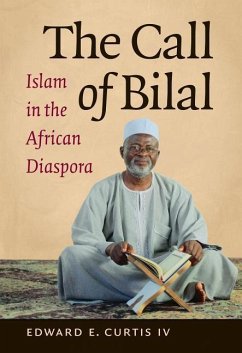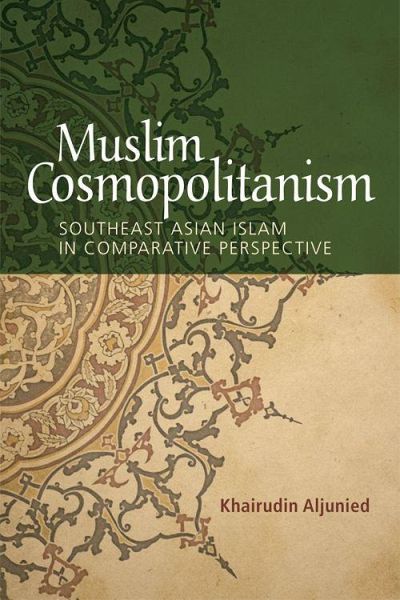
Muslim Cosmopolitanism
Southeast Asian Islam in Comparative Perspective
Versandkostenfrei!
Versandfertig in über 4 Wochen
40,99 €
inkl. MwSt.
Weitere Ausgaben:

PAYBACK Punkte
20 °P sammeln!
Explores the various manifestations of Muslim cosmopolitanism in Southeast Asia Cosmopolitan ideals and pluralist tendencies have been employed creatively and adapted carefully by Muslim individuals, societies and institutions in modern Southeast Asia to produce the necessary contexts for mutual tolerance and shared respect between and within different groups in society. Organised around six key themes that interweave the connected histories of three countries in Southeast Asia - Singapore, Malaysia and Indonesia - this book shows the ways in which historical actors have promoted better unders...
Explores the various manifestations of Muslim cosmopolitanism in Southeast Asia Cosmopolitan ideals and pluralist tendencies have been employed creatively and adapted carefully by Muslim individuals, societies and institutions in modern Southeast Asia to produce the necessary contexts for mutual tolerance and shared respect between and within different groups in society. Organised around six key themes that interweave the connected histories of three countries in Southeast Asia - Singapore, Malaysia and Indonesia - this book shows the ways in which historical actors have promoted better understanding between Muslims and non-Muslims in the region. Case studies from across these countries of the Malay world take in the rise of the network society in the region in the 1970s up until the early 21st century, providing a panoramic view of Muslim cosmopolitan practices, outlook and visions in the region. Key Features Organised around 3 key sections: places (covering trade, blogging, sacred spaces); people (covering intellectuals, women); and politics (covering states) Unique in focusing on Muslim cosmopolitanisms in Southeast Asia Shows how local, regional and global factors interact to give rise to cosmopolitan forms of thinking Provides a counterpoint to a perception of Islam as a divisive force in society Khairudin Aljunied is Associate Professor at the National University of Singapore. He is author of several books, most recently Radicals: Resistance and Mobilization in Colonial Malaya (2015) and Colonialism, Violence and Muslims in Southeast Asia: The Maria Hertogh Controversy and Its Aftermath (2009).










